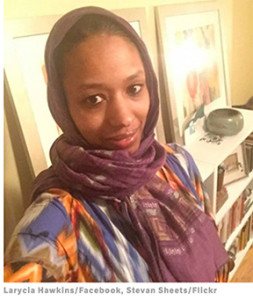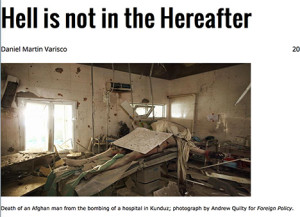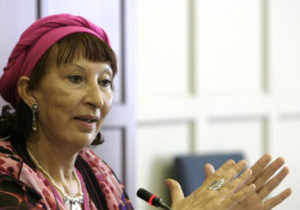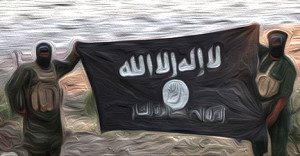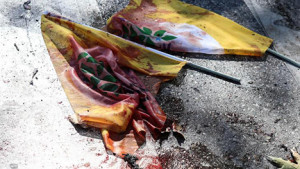by Daniel Martin Varisco, MENA Tidningen
As an undergraduate I attended Wheaton College in Illinois, an interdenominational evangelical Protestant enclave, from which I obtained a quality education. Although not a “Bible Schoolâ€, there was a pledge which promoted the conservative values and rules that evangelicals are known for. Wheaton is in the news now for censuring a tenured professor of Political Science, who chose to wear a hijab as a sign of solidarity with Muslims, whose faith is under attack in the Islamophobic rhetoric of the Republican presidential circus.
Her name is Larycia Hawkins, one of the very few African-American professors at this conservative college. The college administration claims that she has not been placed on administrative leave because she wore a hijab, but rather because of the “significant questions regarding the theological implications” of her reason for doing so. Her reason was one of solidarity with Muslims who are being targeted because of their faith, noting that Muslims are “People of the Book.†It is obviously that it was her use of an Islamic phrase that upset the rule mongers in the administration. But then does this mean that Jews do not worship the same God? What about Catholics or Orthodox or Mormons? The problem that the extreme edges of evangelical theology needs to overcome is the idea that only the “Bible Believers†are true Christians. Wheaton used to be better than that.
Continue reading People of the Book: Why not the Book of Love?
